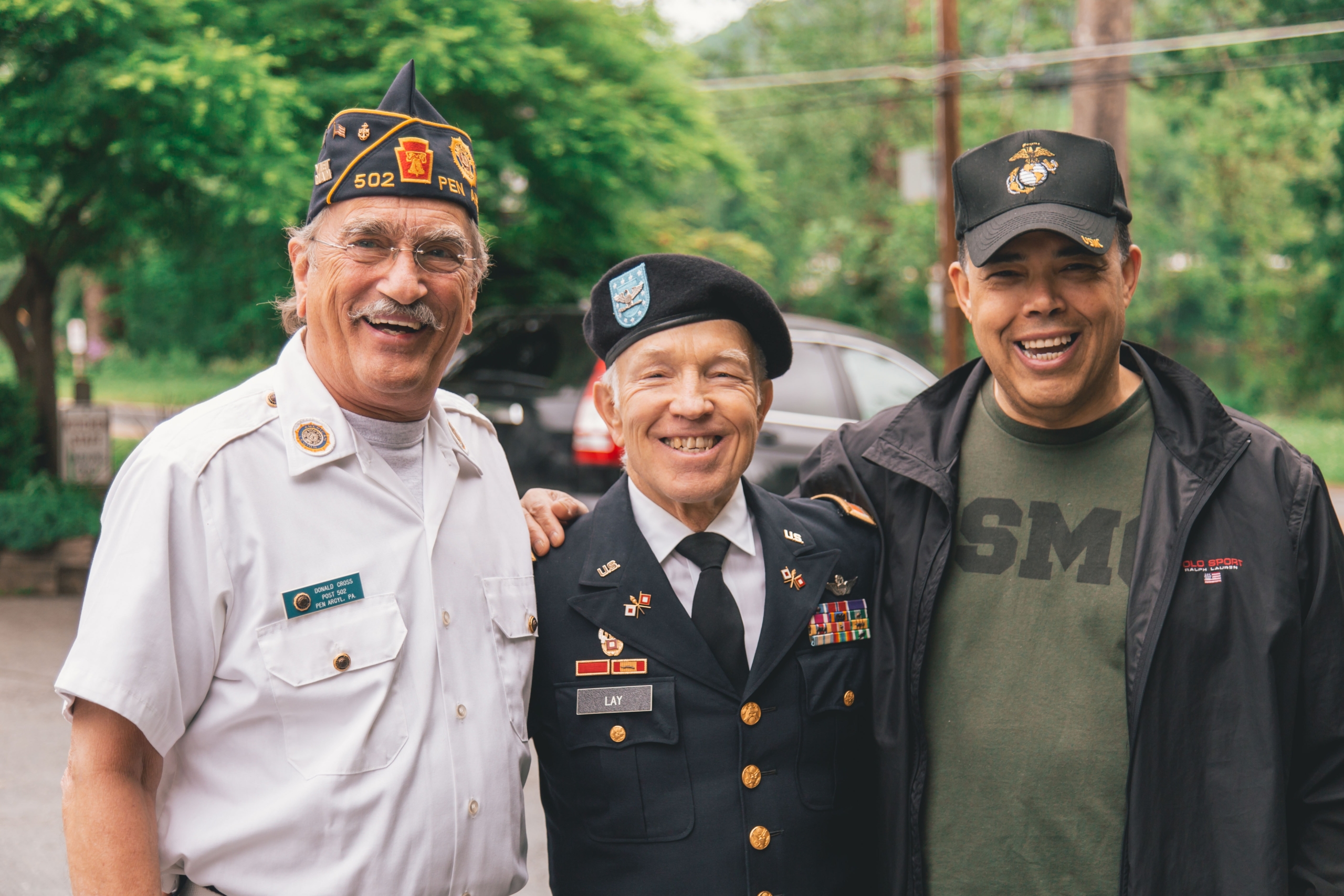Studies show that war veterans are within a higher percentile of residents diagnosed with dementia. Predominant causes of the brain disease are the loss of nerve cells and traumatic brain injuries. In combat zones, soldiers are at a greater risk of head or brain injuries due to explosives and shrapnel flying through the air. When diagnosing the illness, MRIs show higher levels of protein deposits on the brain.
Service members who are diagnosed with TBI or PTSD are the most likely to have dementia or Alzheimer’s disease at earlier ages. Of the military personnel deployed throughout the Iraq and Afghanistan wars, 67,000 were diagnosed with PTSD and later developed the more complex form of the illness. Statistics show that their risk of dementia doubled because of the long-term effects of these related conditions.
The Power of Routine
From the beginning of their military careers, soldiers follow a tight schedule. They are conditioned to stick to familiar processes, such as making their beds, going to sleep at specific times, waking up at the same time each day, and completing their work duties. There are few deviations from these norms.
When managing dementia symptoms and memory, clinicians use these techniques to enhance cognitive abilities. Drill and known regimes are performed in steps, and memory care strategies follow a similar protocol. Caregivers create a list of ADLs or activities of daily life for the vets, and the service members complete them at the designated time. By sticking to the plan, veterans could slow the progression of their illness.
Fewer Steps and Therapies
Caretakers teach the vets to follow brief steps for each activity. It’s helpful to avoid complex procedures when relearning how to do ADLs. Vets with TBI and early-onset dementia need precise ways to do everything. If caregivers overwhelm residents with too many processes, they could become disoriented and agitated.
Calming therapies help vets cope with sudden changes due to dementia. When struggling to remember words, the service members could become angry and fail to think logically. The results led to uncontrollable and sometimes dangerous behavior patterns as the disease progresses.
Caregivers encourage veterans to complete exercises to increase serotonin and dopamine in the body. Agitation is a common symptom of the disease, and doctors often treat it with medications and activities that increase feel-good hormones. Massage therapy for vets who are comfortable with the practice increases these levels.
Physicians prescribe medications such as Haldol, Seroquel, and Zyprexa for uncontrolled mood swings. By controlling manifestations, caregivers help service members focus more on memory care practices and won’t become discouraged.
Using Service Animals to Treat Veterans
Pets who are trained specifically for service members keep the individuals more active and remind them to do certain tasks. Dogs undergo coaching to learn specific techniques for calming service members. Anxiety is a symptom that manifests in dementia sufferers, and service dogs come to their owner’s aid whenever they detect stress or signs of anxiousness.
For memory services, furry companions are taught to encourage the person to complete specific tasks. They may get the individuals to go for walks and complete daily exercise routines. The pets follow alerts set up on smartphones to remind them that the service member should begin another item on their daily checklist.
Alzheimer’s disease and dementia cause a nervous state for many vets. Some caregivers give them cats to relax. The frequencies emitted when a cat purrs lower stress levels and improve cognitive abilities and mental focus.
Comprehensive Cognitive Care
Summerfield of Stockton offers exceptional care for veterans and their spouses. With early-onset dementia, it is a must to find proper services to enhance cognitive function. The community offers memory care for veterans to improve their quality of life significantly. The community is staffed with caretakers trained in neurobiological therapies that improve the vet’s recollection and decrease severe episodes. Veterans and their spouses can learn more about the community and a recent special offer by scheduling a tour now.
Combat veterans deal with complex illnesses after discharge from the military and later in life. The findings from complex medical studies show a predisposition for developing dementia by or before age 65 in soldiers with traumatic brain injuries and regulatory or complex post-traumatic stress disorder.
Memory care for these service members becomes challenging if they continue to suffer from PTSD. Doctors prescribe medications to control mood, night terrors, and flashbacks. With cognitive decline, associated symptoms may make the disease more detrimental to the person’s mental health. By starting memory services, war-time vets retain more information and control the underlying effects of their disease.

